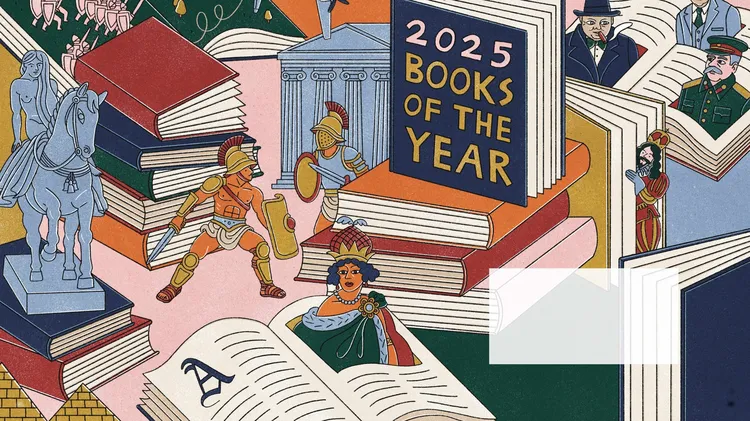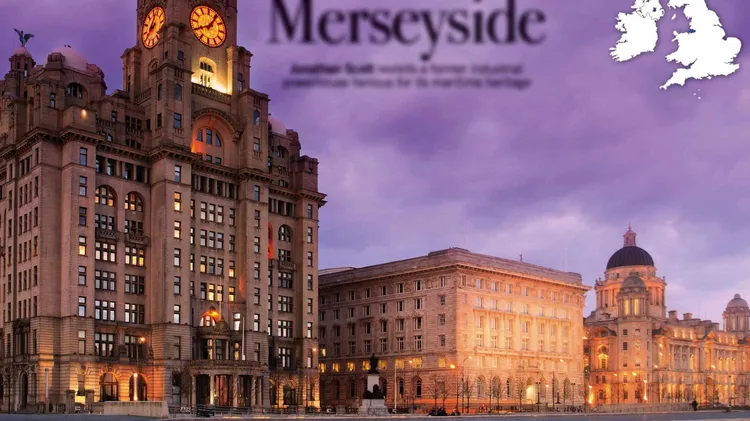ILLUSTRATION BY FEMKE
Amid the torrent of fake news, a critical mind is our greatest resource
3 min read
This article is from...
Read this article and 8000+ more magazines and newspapers on Readly






